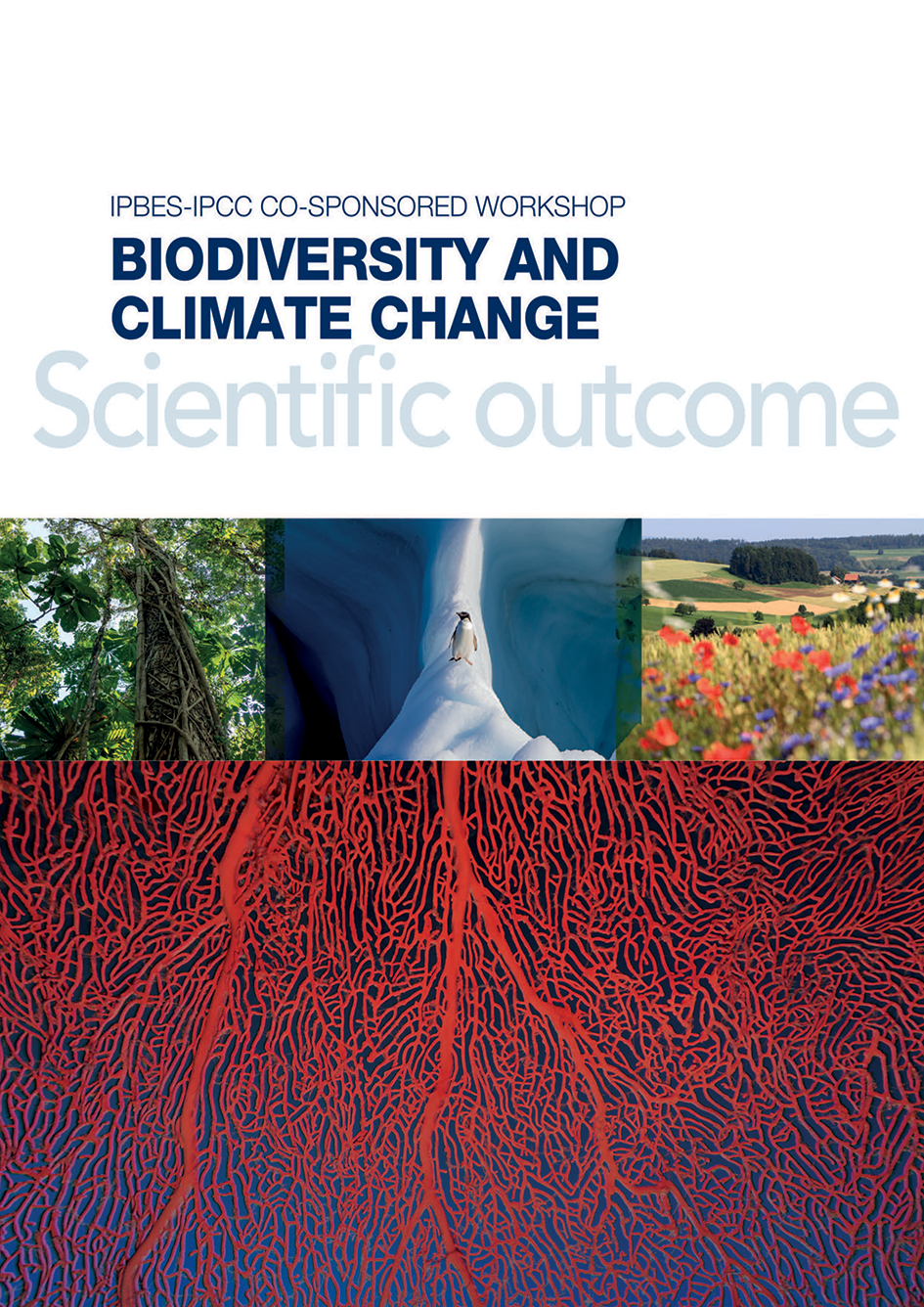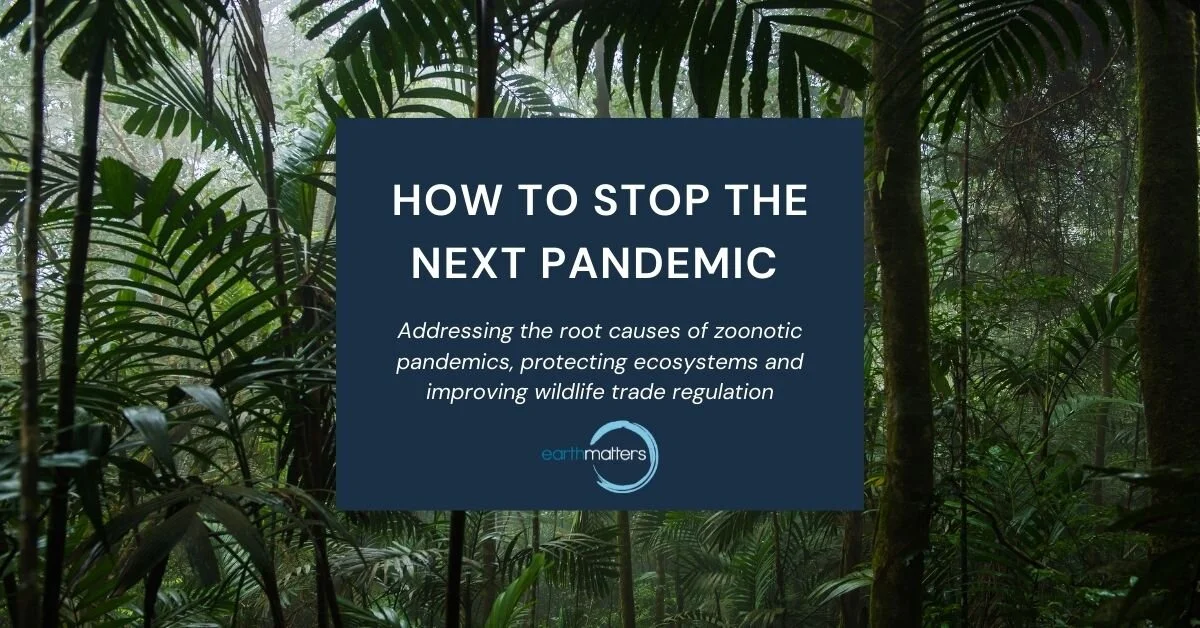Tackling the Climate & Biodiversity Crises
Expo2020 has started this month right here in Dubai, where Earth Matters Consulting is based. It was great to see the World Expo kick off with Climate & Biodiversity Week, where businesses, governments and civil society were spending time exploring how we can all live in greater harmony with nature.
We have been extremely excited to see the events and activities that are happening in the UAE, and globally, this year to tackle the climate and biodiversity crises.
This is building some much needed momentum, heeding calls made by 50 biodiversity and climate experts in June 2021 that unprecedented changes in climate and biodiversity, driven by human activities, have combined and increasingly threaten nature, human lives, livelihoods and well-being around the world.
This latest workshop report is the product of a four-day virtual workshop in June 2021, between experts assembled by the Intergovernmental Science-Policy Platform on Biodiversity and Ecosystem Services (IPBES) and the Intergovernmental Panel on Climate Change (IPCC) – the first-ever collaboration between these two intergovernmental bodies.
Biodiversity loss and climate change are BOTH driven by human economic activities and mutually reinforce each other. We need a stable climate for thriving biodiversity, and biodiversity for a stable climate - neither will be successfully resolved unless both are tackled together.
Read the study here:
“Human-caused climate change is increasingly threatening nature and its contributions to people, including its ability to help mitigate climate change. The warmer the world gets, the less food, drinking water and other key contributions nature can make to our lives, in many regions.
Changes in biodiversity, in turn, affect climate, especially through impacts on nitrogen, carbon and water cycles. The evidence is clear: a sustainable global future for people and nature is still achievable, but it requires transformative change with rapid and far-reaching actions of a type never before attempted, building on ambitious emissions reductions. Solving some of the strong and apparently unavoidable trade-offs between climate and biodiversity will entail a profound collective shift of individual and shared values concerning nature – such as moving away from the conception of economic progress based solely on GDP growth, to one that balances human development with multiple values of nature for a good quality of life, while not overshooting biophysical and social limits.”
This study and evidence shows that it’s critical to solve the biodiversity crisis and build more resilience to prevent the next pandemic, as discussed in our latest policy brief:
Another important development this year, and one that Earth Matters is extremely proud to have supported, is the UAE's Razan Al Mubarak’s successful election campaign for president of the International Union for Conservation of Nature We are incredibly excited about how HE Razan Al Mubarak is raising awareness about biodiversity, and what governments and businesses can do to promote it.
Have a listen to the latest episode of the Schneider Electric MEA Goes Green podcast we took part in discussing this and the importance of biodiversity:
Ahead of the Convention on Biological Diversity's COP-15 this month, there is an urgent call for heightened global action to end deforestation and ensure sustainable land use. In fact 78 financial institutions managing more than $10 trillion in assets are urging world governments to halt and reverse biodiversity loss.
Coordinated by Ceres and the Finance for Biodiversity Foundation, the statement has been sent to world leaders on behalf of 78 financial institutions including Aviva, BNP Paribas, Credit Suisse AG, and Robeco.
“The science is clear that we have only one decade to halt and reverse the loss of biodiversity. Urgent action is needed to end deforestation and ensure sustainable land use, protect ocean and freshwater sustainability, tackle pollution, and address climate change. By 2030, nature loss must be reversed through improvements in the health, abundance, diversity and resilience of species, populations, and ecosystems,” the letter states.
Let’s hope we can end this year with a clear and defined action plan to tackle climate change and biodiversity.
We at EARTH MATTERS ‘walk the talk’ and help our clients to find practical solutions to these issues. We are proud to be part of the list of signatories for the Business for Nature Coalition where we have joined more than 1000 companies calling on governments to adopt policies now to reverse loss of nature in this decade.
OUR TEAM IS AVAILABLE TO DISCUSS HOW WE CAN SUPPORT YOUR CLIMATE CHANGE AND BIODIVERSITY EFFORTS:



